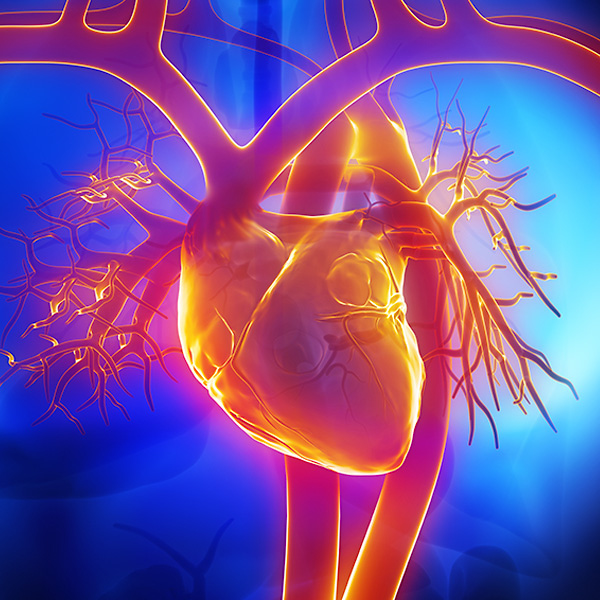Structural Heart Disease
Overview and Facts about Structural Heart Disease
Structural heart disease results when the heart has an abnormality that doesn’t impact your blood vessels but hurts the heart’s function. Most cases of structural heart disease are present at birth (congenital), although the condition can form in later life.
Signs and Symptoms of Structural Heart Disease
The type and severity of structural heart disease symptoms depend on the type of disease you have and its progression. Structural heart conditions often manifest in such signs and symptoms as:
- Migraine headaches
- Heart palpitations
- Shortness of breath
- Chest pain
- Leg cramping
- Fatigue
- High blood pressure
- Mini-strokes
- Strokes
- Coronary artery disease
- Kidney dysfunction
These symptoms may worsen with physical activity or exercise. Any combination of these symptoms can signify a heart condition. When they occur and don’t improve on their own, seek a professional medical evaluation.
Causes and Risk Factors of Structural Heart Disease
In most cases, structural heart disease is present at birth. Sometimes, these heart conditions develop over time from aging, as well as normal wear and tear on the heart muscle. Other times, they result from an infection or from another underlying condition.
Some of the common forms of structural heart disease and their distinguishing traits include:
- Atrial septal defect, where a hole forms between the upper chambers of the heart
- Patent foramen ovale (PFO), where a flap forms between the upper chambers of the heart
- Ventricular septal defect (VSD), where an opening forms between the lower chambers of the heart
- Paravalvular leak, where a leak occurs in a previously repaired or replaced heart valve
- Arterial or venous fistulae, where a fistula forms between an artery and vein
- Pseudoaneurysms, where blood leaks or bulges in the aorta, the heart’s largest artery
- Congenital heart disease, where a heart defect is present at birth
Tests and Diagnosis of Structural Heart Disease
As with all heart conditions, early diagnosis and treatment of structural heart disease are essential to overall health. To determine if you have structural heart disease, your doctor may recommend multiple tests or screening procedures. Along with a thorough physical examination and medical history review, they may order the following:
- Echocardiography
- CT scan
- Cardiac MRI
- Nuclear imaging
- Cardiac catheterization
Treatment and Care for Structural Heart Disease
When addressing structural heart disease, your doctor takes a comprehensive approach. They work with you to improve both your overall wellness and your cardiac health by switching to a heart-healthy diet, increasing your physical activity, and engaging in stress-relieving activities. Along with these lifestyle changes, your doctor may treat your heart condition with:
- Medication
- Cardiac surgery
- Robotic surgery
- Transcatheter procedure

Request an Appointment
Loyola Medicine heart and vascular specialists have the experience and technology to treat the most difficult cardiac and vascular conditions. Schedule an appointment today.
Schedule a Telehealth Appointment
